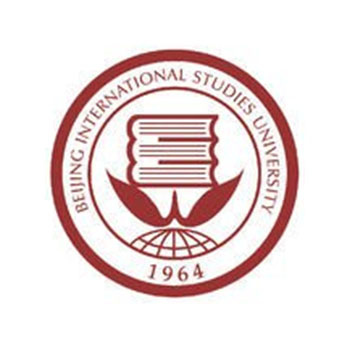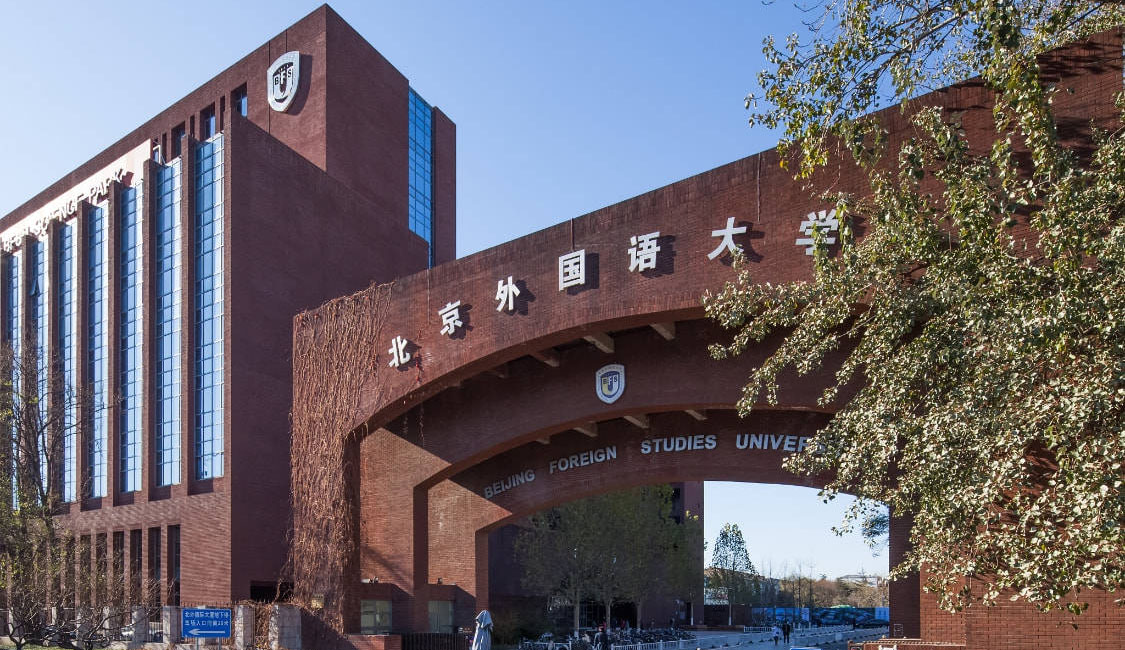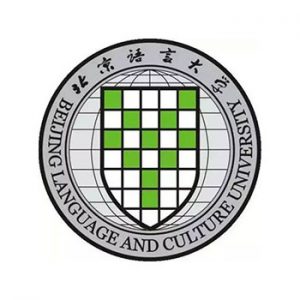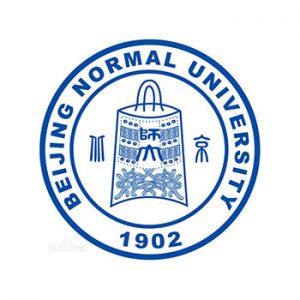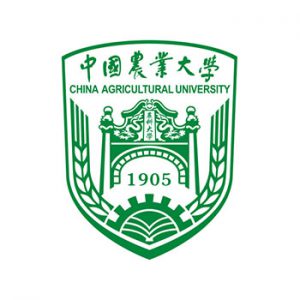Universities
Beijing International Studies University (BISU) is a renowned institution of higher education of multi-disciplines, offering subjects and courses of literature, management, economics, and law, with the foreign languages and literature as its dominant discipline and tourism management as its specialized discipline. It is an important base in China for the teaching and research of foreign languages, translation, tourism, and economics and foreign trade. BISU, founded in 1964 with the support of China’s late premier Zhou Enlai, was one of China’s first few institutions that offered undergraduate education in foreign languages. In its history, BISU was once under the successive leaderships of China International Cultural Liaison Commission, the Ministry of Foreign Affairs, the People’s Government of Beijing Municipality, Ministry of Education and China National Tourism Administration. Today, BISU is sponsored by the People’s Government of Beijing Municipality.
With “Integrity, Diligence, Truth, and Leadership” as its motto, BISU has long dedicated itself to passing down eastern and western civilizations and cultural and educational exchanges between China and other countries. Students are inspired to learn from both civilizations and achieve the unity of knowing and doing, while its exceptional faculty is committed to offering students education in the spirit of humanities education. BISU has accumulated profound academic tradition and distinctive experience in teaching, and had a strong faculty, including a group of recognized professors and famous translators in China.
BISU is located in Chaoyang District, Beijing, with The Central Business District (CBD) on its west and Tongzhou District, the subsidiary administrative center of Beijing, on its east. At present, BISU has nearly 10,000 registered students, including 6,300 undergraduate students, 1,300 graduate students, 1,000 international students and 1,000 students under a seven-year cultivation program. It is organized into 23 schools/departments and 2 supporting units. The school library has collections of over 1,080,000 volumes, 190 foreign-language newspapers, and 820 Chinese Newspapers. There are more than 21,000,000 copies of e-books. The library has 44 Chinese databases, 45 foreign language databases and two databases established by itself.
At present, BISU offers 13 primary disciplines and 44 undergraduate majors (including 26 Bachelor’s programs in modern foreign languages). Five primary disciplines and 25 secondary disciplines have been authorized to confer Master’s degrees. It also offers six professional Master’s degree programs. BISU has a Joint Doctoral Program in translation with Binghamton University-the State University of New York, a Joint Doctoral Program in tourism management with University of South Carolina, Columbia, and two post-doctoral research stations (co-founded with Social Sciences Academic Press and with Capital University of Economics and Business). It has one municipal first-rate major and four municipal key disciplines of Beijing, four national characteristic majors, and one pilot reform major of Ministry of Education.
The University aims to achieve excellence in research and ensure that its research contributes to the well-being of society. Its research efforts are enhanced through the huge range of support it provides for research staff and the establishment of research centers or institutes where cutting-edge research is taking place. BISU is home to six Research Institutes of Humanities and Social Science at the Provincial and Ministerial level, one Beijing Collaborative Innovation Center for International Cultural Trade and Exchange, one Beijing Key Laboratory of Belt and Road Data Analysis, nine Research Centers of Country and Regional Studies, and four Think Tanks. A platform of fundamental research has been built through a triad of research bases: the Think Tank, the Philosophy and Social Sciences Research Center, and the Institute of Regional and Country Studies. The academic journals include Journal of Beijing International Studies University, Tourism and Hospitality Prospects, Transcultural Studies and Journal of Chinese Economics. In recent years, its research funds have been growing at an annual rate of 30%, and the quality and quantity of research output have been significantly improving.
BISU is dedicated to produce high-level, practical talents with an international vision and a spirit of interdisciplinary exploration. It offers excellent undergraduate and graduate instruction that is supported by three pillars. The first one is traditional Chinese culture. BISU is committed to the cultivation in students of a strong sense of national identity by integrating traditional Chinese culture into the whole process of education. The second pillar is its diversity and global vision. BISU seeks to provide its students with an education that takes a worldwide perspective with the support of an inclusive campus community. It offers numerous opportunities for students to learn from and incorporate international perspectives and experiences throughout their academic careers. The third pillar is BISU’s commitment to the interweaving of fundamental knowledge and practical education and an emphasis on practice so that its graduates use knowledge to benefit the world. BISU is proud of its graduates with creativity, broad horizons, solid knowledge of their fields and solid practical skills, and competitiveness in the job market.
The school faculty is well-structured in terms of the faculty members’ ages, degrees, specialties and professional titles. The University now has nearly 1,000 full-time teachers, 47% are Ph.D. holders and more than 60% are professors or associate professors. Most of the faculty members had overseas learning experiences or obtained their academic degrees abroad. BISU also employs 120 part-time professors and more than 60 foreign experts. BISU is proud of having two “National Outstanding Teaching Teams”, four “Excellent Teaching Teams of Beijing”, and eight “Innovative Academic Teams of Beijing”.
BISU attaches great importance to international exchange and collaboration. By now, the University has established substantial collaborative relations with more than 160 universities or educational institutions in more than 30 countries. Each year, a considerable number of teachers are sent abroad for further study, joint research projects, or Mandarin teaching. Every year an average of over 500 students go abroad to further their study, while more than 1000 foreign students come to BISU. Six Confucius Institutes have been established, in partnership with the Autonomous University of Chihuahua in México, the University of Central Lancashire in Britain, Université Mohammed V in Morocco, the French city Clermont-Ferrand, the University of Coimbra in Portugal and the University of Panama in the Republic of Panama. Besides, more Confucius Institutes are expected to be established in collaboration with universities of countries along the Silk Road Economic Belt, including the University of Warsaw in Poland.
In order to build BISU into a teaching-research university with a high level of internationalization, distinctiveness and popularity, BISU seeks to highlight the development of its two leading disciplines of Foreign Languages and Literature and Tourism Management, offer students a broad, interdisciplinary education with an international perspective, and produce graduates that are qualified for inter-cultural exchange and ready to make a difference on the world stage. It’s BISU’s goal to become a first-rate foreign studies university with global influence.
Chinese-Language learner program
Spring Class| Starting Date | Duration | Application Deadline | Tuition Fee | Save for Later |
| Mar 1 , 2023 | 1 Semester | Nov 30 , 2022 | RMB 9,000 In Total | |
| Mar 1 , 2023 | 1 Year | Nov 30 , 2022 | RMB 18,000 In Total |
| Starting Date | Duration | Application Deadline | Tuition Fee | Save for Later |
| Sep 7 , 2023 | 1 Year | May 31 , 2023 | RMB 18,000 In Total | |
| Sep 7 , 2023 | 1 Semester | May 31 , 2023 | RMB 9,000 In Total |






